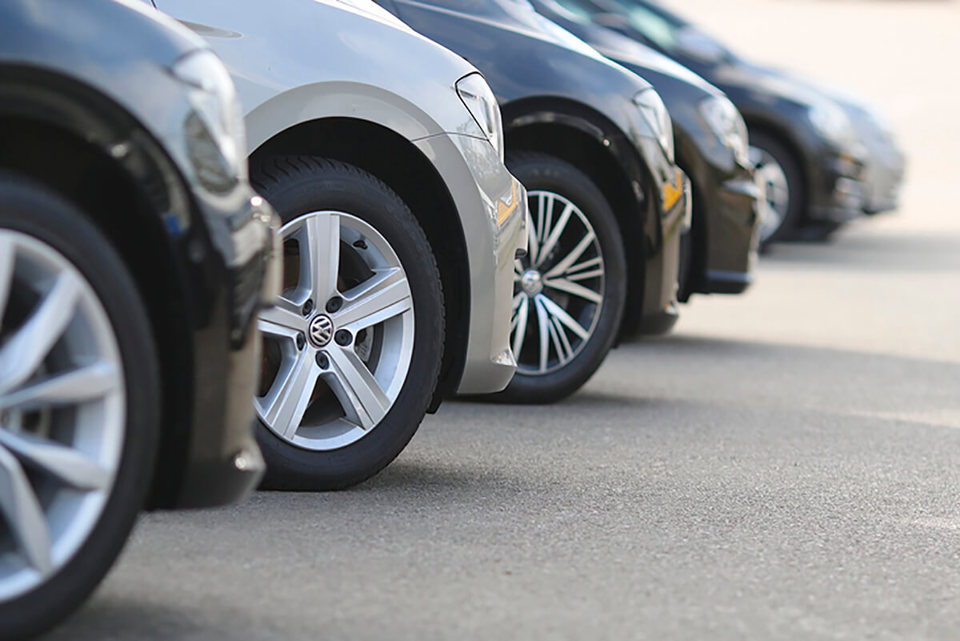Government figures on benefit in kind (BIK) reveal that the number of company cars has been steadily declining over recent years.
HM Revenue and Customs (HMRC) estimates that there were 950,000 taxable company cars in 2010/11, down from 970,000 in 2009/10.
The data reveals a downward trend, with a fall of more than 20% over the past eight years from 1.2 million company cars in 2004/05.
However, risk fleet figures from the FN50 – the top 50 leasing companies by size – reveal there were 990,000 cars being leased in 2011 – higher than HMRC’s estimation for that year.
And further cars will have been leased to businesses by leasing companies outside of that top 50, further adding to that figure.
In addition, there will have been a significant number of fleets that outright purchase their cars, pushing the figure even higher.
However, that difference in numbers could be explained by company cars for which there is no BiK charge, such as police cars, pool cars and company cars used purely for business purposes.
Alastair Kendrick, tax director at MHA MacIntyre Hudson LLP, blames the Government's aggressive plan for company car taxation for the decline.
He said: "From April 2013, the capital allowance relief on cars will be adjusted. This means that cars with a CO2 emission above 130g/km - currently 160g/km - will get a 15% restriction which is likely to increase the cost of leasing cars.
“For low emission cars, which attract 100% capital allowances, this relief will be extended for a further two years, but it will not be available to leasing companies.
“In addition, the taxable benefit on cars will increase by 1% from April 2014, which will add cost to employees with company cars emitting more than 75grams of CO2. There was also an increase in fuel scale charge from April 2012, with an increase in the car fuel benefit charge multiplier rising from £18,800 to £20,200.
“Clearly all these announcements create huge uncertainty over the future of company cars and the leasing industry as a whole.”
However, recent Government announcements around taxation would not explain the historic decline seen in these statistics, while they may well influence future figures.
Instead, it is the bleak economic backdrop of the past few years which is more likely to have had a detrimental effect on company car numbers.
The latest available figures from the Office of National Statistics (ONS) show that as many as 297,000 firms across the country folded between 2009 and 2010 - a sharp increase of 20,000 on the year before.
That is more than 813 closures every single day.
In the same year, just 235,000 opened, resulting in a net loss of 62,000 firms.
Sectors particularly affected by business closures include business administration and support services, science and technology and construction.
ONS figures for the previous year, 2009, also reveal that there were 236,000 business start-ups in the UK, compared with 267,000 in 2008 - an 11.7 per cent slump in the number of new businesses.
Meanwhile, there were 279,000 business closures in 2009, compared with 221,000 businesses that closed in the previous year - an increase in closures of 26%.
With the number of businesses closing far greater than those being created, it is perhaps not surprising then that the number of company cars has been in decline.
Read the August 16th edition of Fleet News where there will be comprehensive analysis of the figures from HMRC and what this may mean for fleets in the future.

























PremierBlue - 01/08/2012 12:11
Has anyone else noticed how close these numbers are to Mr. Kendrick's grim prediction in March? Note also that the 950,000 taxable company cars would presumably include extensions, outright purchased and those otherwise funded...